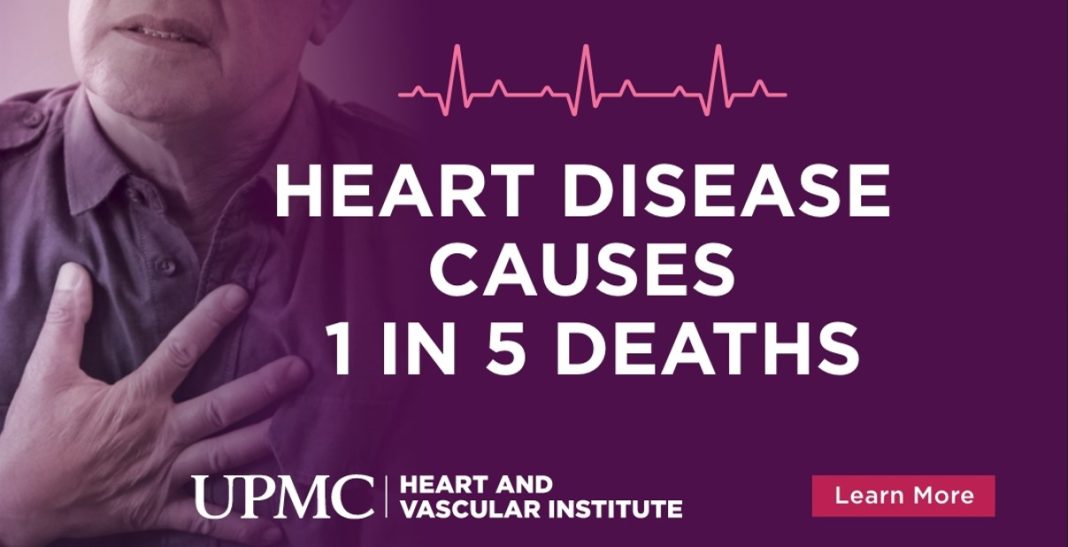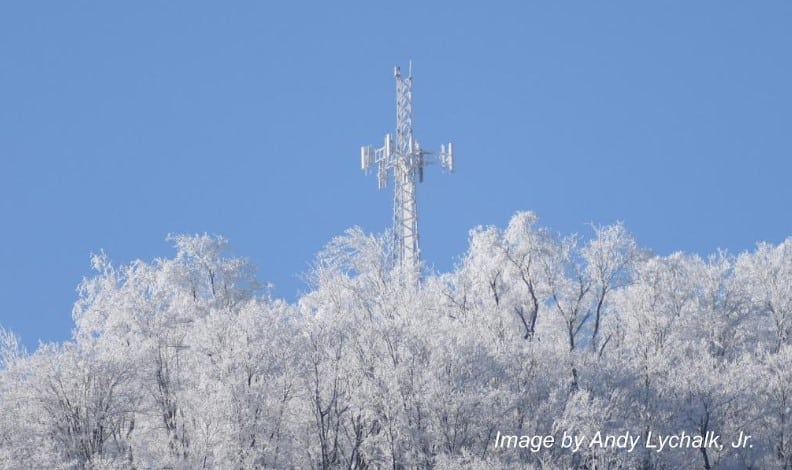EQB to Consider Emergency Air Quality Regulation for Existing Conventional Oil and Gas Sources; Regulators attempt to salvage nearly a billion dollars in federal highway funds
Harrisburg, PA – The Pennsylvania Environmental Quality Board (EQB) will consider an emergency rule on volatile organic compounds (VOC) for existing conventional oil and gas sources, which will lower air pollution from conventional oil and gas sources. The EQB will consider adopting the rule at a meeting on Wednesday, November 30, 2022, at 9:00 AM. The regulation mirrors a final-omitted regulation that the EQB adopted on October 12, 2022, and that the Independent Regulatory Review Commission (IRRC) approved on November 17, 2022.
“We are considering this emergency rulemaking in an effort to comply with federal requirements and prevent sanctions that could cost Pennsylvania hundreds of millions of dollars in federal highway funds,” said DEP Acting Secretary Ramez Ziadeh. “Due to the actions of the House Environmental Resources and Energy Committee, we have no choice but to consider this emergency certified rulemaking in order to comply with federal regulations.”
DEP is pursuing the emergency rulemaking to meet a December deadline, after which more than $800 million in federal highway funding earmarked for Pennsylvania projects would be jeopardized. Under the federal Clean Air Act, Pennsylvania has until December 16, 2022, to submit a State Implementation Plan, including a rulemaking covering VOC emissions for all required oil and gas sources, to the U.S. Environmental Protection Agency (EPA).
On November 14, with less than half an hour’s notice, the House Environmental Resources and Energy Committee (Committee) held a meeting to discuss and vote on sending a letter to IRRC informing them that the Committee disapproved the final-omitted regulation adopted by the EQB in October. This action by the Committee also triggered a mandatory 14-day review period under Pennsylvania’s Regulatory Review Act, which began after the November 17 IRRC meeting, during which the regulation is prohibited from being finalized. During that 14-day period, the Committee may hold a meeting and vote on a disapproval resolution to stop the regulation. Also, under the Regulatory Review Act, if the 14-day period ends after the end of the legislative session (which ends on November 30, 2022), the 14-day period is suspended until the new legislative session has convened and the legislative standing committees are re-established. This process would extend into 2023, beyond the December 16 deadline, and result in the Commonwealth losing hundreds of millions of dollars in federal highway funds.
Regulation of VOCs from existing oil and gas sources was originally to be addressed in a single rule that applied to both conventional and unconventional sources as the federal government makes no distinction between conventional and unconventional oil and gas sources. However, due to a possible disapproval resolution from the General Assembly, the combined regulation was bifurcated into separate rulemakings for unconventional oil and gas sources and conventional oil and gas sources. Public comments submitted on the original rulemaking package were incorporated into both the final unconventional and emergency conventional regulations.
The emergency rulemaking establishes the VOC emission limitations for existing conventional oil and gas sources based on Reasonably Available Control Technology (RACT) requirements consistent with the EPA’s recommendations. The EPA defines RACT as “the lowest emission limitation that a particular source is capable of meeting by the application of control technology that is reasonably available considering technological and economic feasibility.”
DEP is required to regulate the sources of VOC emissions listed by EPA: storage vessels; natural gas-driven continuous bleed pneumatic controllers; natural gas-driven diaphragm pumps; reciprocating and centrifugal compressors; and fugitive emissions components. The regulations would also reduce methane emissions from existing oil and gas sources as a co-benefit. VOC emissions are precursors to the formation of ground-level ozone, a public health, welfare and environmental hazard.
If adopted by the EQB, the emergency regulation will go into effect upon notice or publication in the Pennsylvania Bulletin.
The regulatory package is available at https://www.dep.pa.gov/PublicParticipation/EnvironmentalQuality/Pages/2022-Meetings.aspx






